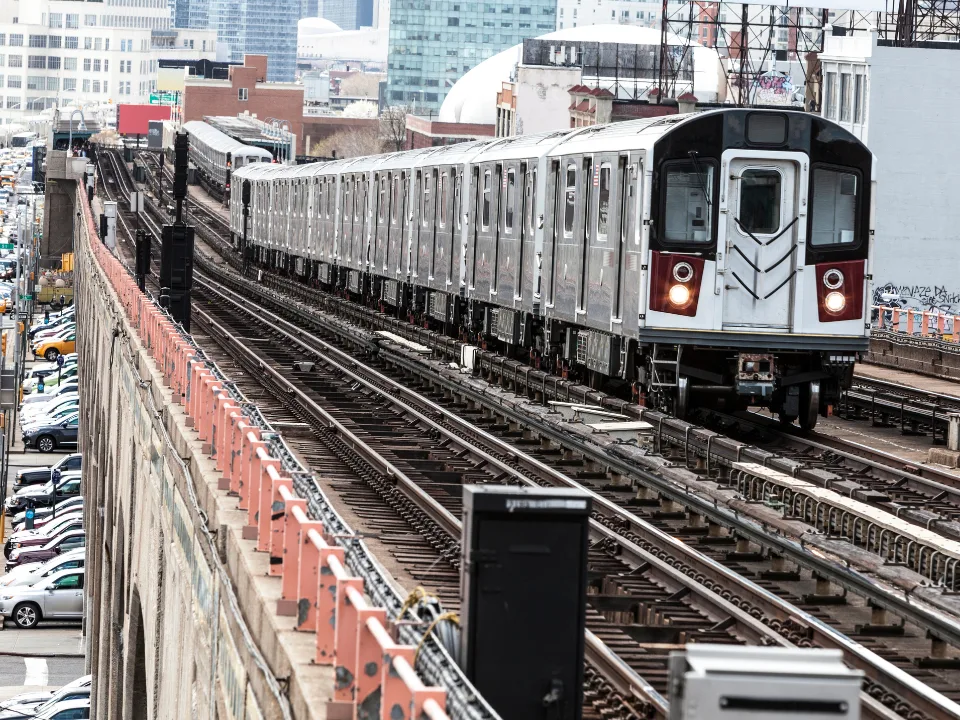- The proposed bill would ban nonunion hotels in NYC from outsourcing most operations, including housekeeping, cooking, bartending, and security.
- Proponents argue the bill will protect workers and lower crime in hotels, citing more crime reports in nonunion hotels.
- Hotel owners warn that the bill will slash margins, potentially force closures, and raise room rates in an already expensive market.
As reported in WSJ, a contentious new NYC bill seeks to regulate nonunion hotels by banning them from outsourcing key functions, including housekeeping, cooking, bartending, and security.
The proposed legislation provoked strong reactions from hotel owners and the Hotel and Gaming Trades Council, the union representing hotel workers.
Arguments For
Union officials and Councilwoman Julie Menin, who introduced the bill, argue regulating nonunion hotels is essential for worker protection and safety. Proponents believe the bill will provide a ‘baseline licensing’ framework for a sector rife with safety concerns since the pandemic.
Specifically, the bill aims to shut down a small subset of hotels plagued by crime and includes provisions like “panic buttons” for staff and training on recognizing human trafficking.
Arguments Against
Hotel owners contend that the bill’s new licensing requirements will drastically reduce already razor-thin profit margins, and could force some smaller establishments to close their doors. They also believe the bill will lead to higher labor costs that would be passed onto visitors via higher room rates.
Other critics, including Kevin Carey of the American Hotel and Lodging Association, argue that the restrictions on subcontracting will make small-business hotels less viable and deter tourists.
Zooming Out
NYC’s hotel market has been thriving recently, with average room rates up 22.5% since 2019 and an occupancy rate of 80% through May.
Restrictions on new hotel development and Airbnb (ABNB) rentals have also benefited the city’s hospitality sector, limiting supply while boosting demand. The city’s use of hotels to shelter asylum seekers has also provided a significant revenue stream for the sector.
However, the newly proposed bill could change things. Around 30% of the city’s more than 120K guest rooms are in nonunion hotels, which would all be affected by the legislation.
Subcontracting has been a common practice among nonunion hotels to manage costs. Anil Panwala, a mid-price hotel operator in the city, relies on subcontracting to maintain margins of 15–20%. The proposed bill threatens to completely undermine his business model with higher operational costs and lower profits.
Why It Matters
The tension between hotel operators and union supporters in NYC mirrors broader national trends. Hotel workers in several major U.S. cities, including Boston and San Francisco, are holding strike authorization votes.
As with most things that happen in the Big Apple, the outcome of this legislation will likely set a precedent for similar regulation across the country, with significant implications for hotel operations, worker protection, and economic viability.
















